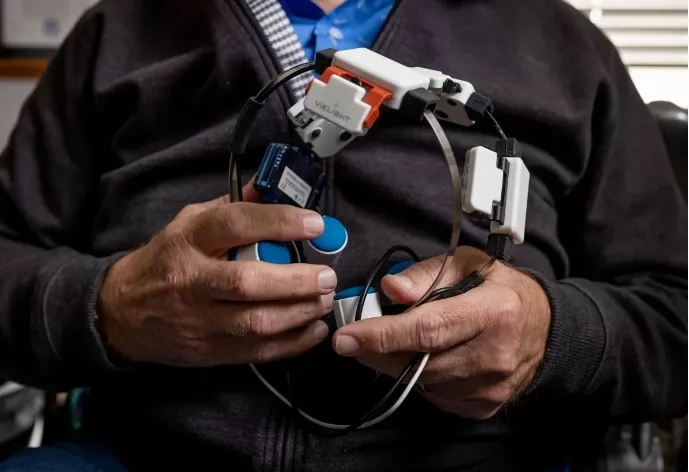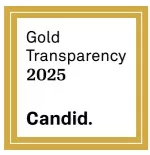Transcranial LED light therapy, sometimes called photobiomodulation, is one of the safe alternative therapies the BART Foundation believes may help brain injury survivors. The BART Foundation aims to promote better outcomes for TBI/ABI survivors by answering three questions – which alternative therapies are likely to work, where can they be found, and how can they be afforded? One of the ways we fulfill our mission is by carefully watching global research and clinical trial outcomes and sharing that information, in user-friendly language, with the TBI/ABI community.

Because of our mission, we want to share with you a recent research article published in October in the Journal of Neurotrauma. Traumatic brain injury (TBI) occurs in millions of people globally each year, with mild TBI (mTBI) representing over 90% of cases. Despite the common assumption of full recovery, significant disturbances persist in many patients with mTBI, including cognitive deficit, headache, dizziness, sleep problems, and symptoms of post-traumatic stress disorder (PTSD).
Given that effective treatment is still scarce, the present study investigated the efficacy of transcranial photobiomodulation (tPBM) for improving these symptoms in patients with mTBI. In this randomized placebo-controlled trial, 17 patients with mTBI were recruited. Participants were randomized to receive both real and sham conditions. Assessments were conducted at baseline, after real tPBM, and after sham tPBM. These included neuropsychological tests, measurements of oxygenated hemoglobin, and self-rated questionnaires assessing sleep quality, physical post-concussion symptoms, pain intensity, and PTSD symptoms.
Compared with the baseline, participants demonstrated significant improvements. After receiving tPBM, patients showed enhanced cognitive efficiency, as evidenced by improved visual working memory performance, better learning in verbal memory tests, improved subjective sleep quality, fewer physical post-concussion symptoms, reduced pain intensity, and decreased PTSD symptoms.
In contrast, no significant improvement was observed after patients received the sham tPBM. In addition, the statistically significant improvement in behavioral symptoms also reached the minimal clinically important difference, suggesting clinical significance. These findings support the potential of tPBM as a safe, non-invasive clinical intervention for cognitive deficits and associated symptoms in mTBI. Further exploration is encouraged to evaluate tPBM as a rehabilitation strategy for enhancing recovery in TBI patients.
If you’d like to learn more about this promising treatment, register for our upcoming webinar with Dr. Marvin Berman titled “Healing with Light: The principle drivers behind photobiomodulation’s therapeutic effectiveness.” Scheduled for Thursday, November 20, 2025, at 7:00 PM EST, register for this Zoom presentation today and mark your calendar!
